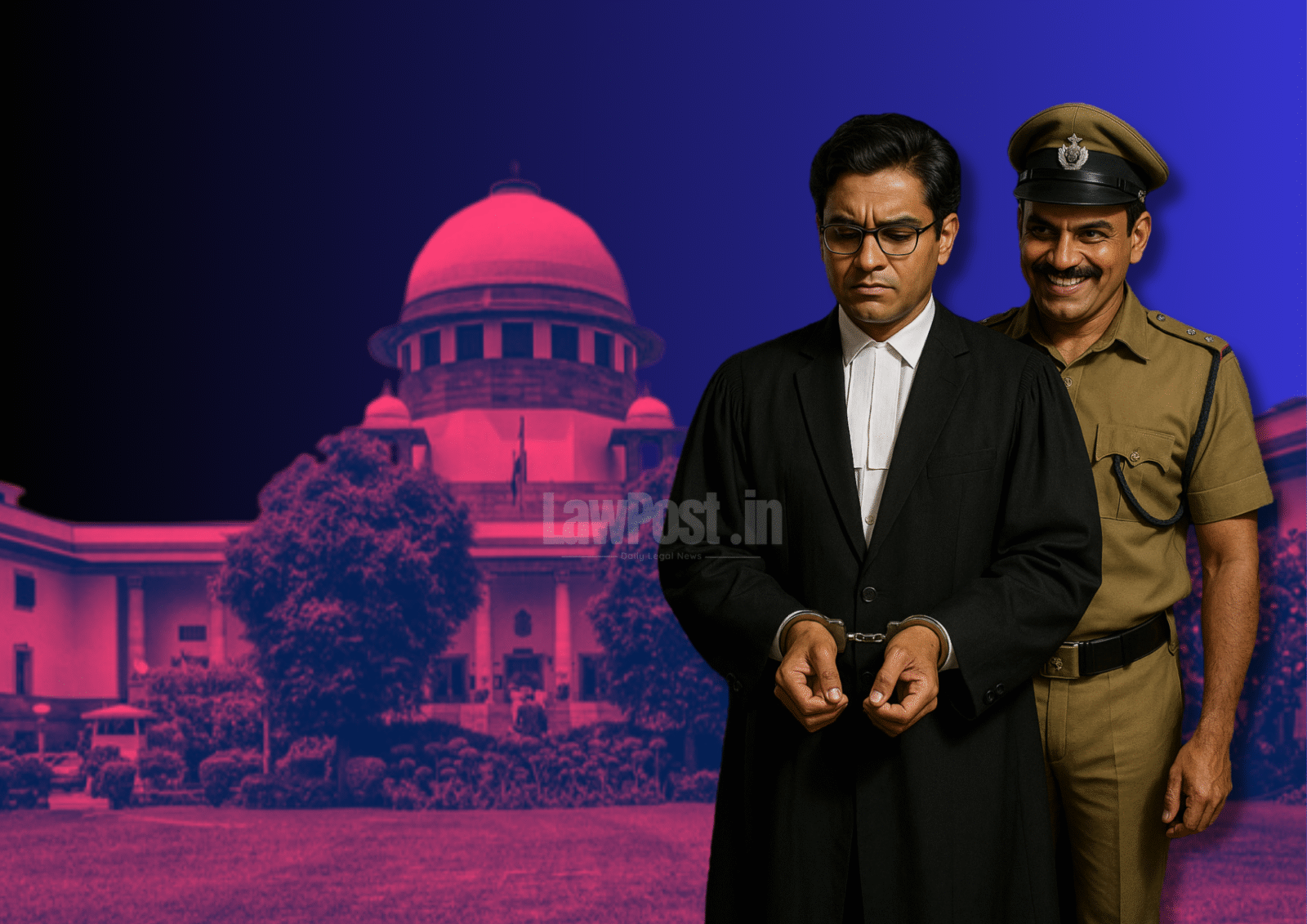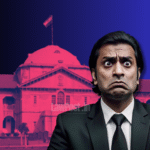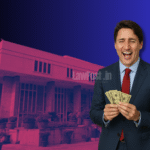In a significant development for the legal fraternity, the Supreme Court on Wednesday initiated suo motu proceedings to examine the legality of investigating agencies summoning lawyers in connection with cases concerning their clients. The move comes in the backdrop of mounting concerns over recent summons issued by the Enforcement Directorate (ED) to senior advocates Arvind Datar and Pratap Venugopal—both of which were later withdrawn following strong opposition from legal bodies across India.
A Bench of Justices KV Viswanathan and N Kotiswar Singh stated,
“Permitting the investigation agencies/police to directly summon defence counsels or lawyers who advised parties in a given case would seriously undermine the autonomy of the legal profession and would even constitute a direct threat to the independence of the administration of justice.”
The Court emphasized that such actions were prima facie untenable, and raised two critical questions:
- Can an investigating agency directly summon a lawyer who is merely advising a client?
- In exceptional cases where the lawyer’s role goes beyond legal advice, should judicial oversight be mandated before such summons?
The Bench said these issues demand “a comprehensive response because what is at stake is the efficacy of the administration of justice.”
To ensure a holistic view, the Court sought the assistance of Attorney General R Venkataramani, Solicitor General Tushar Mehta, Bar Council of India Chairman Manan Kumar Mishra, SCBA President Vikas Singh, and SCAORA President Vipin Nair.
The controversy gained momentum after ED’s now-withdrawn summons to senior lawyers in a case involving Employee Stock Options issued by Care Health Insurance to former Religare Enterprises Chairperson Rashmi Saluja. In response to growing backlash, the ED also issued a circular advising its officers against summoning advocates in violation of Section 132 of the Bharatiya Sakshya Adhiniyam, 2023.
Meanwhile, the Court granted interim protection to a Gujarat-based lawyer who had filed a petition after being summoned by the local police in connection with his client’s case.
“There shall be a stay on the High Court order and a stay on the operation of summons and any other notices issued to the petitioner,” the Court ordered.
The matter will now be placed before Chief Justice of India BR Gavai for appropriate directions.
Legal observers believe this could be a landmark moment in defining the boundaries of investigative powers vis-à-vis legal counsel and the independence of the Bar.








